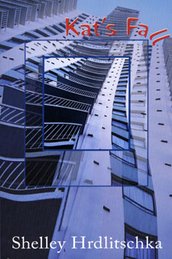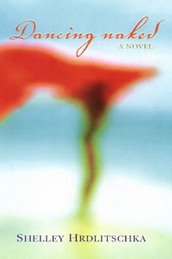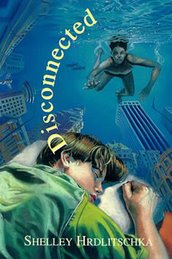
As parents we know that our children are only 'ours' for a short time. Our job is to do our best to guide them through their childhood, helping them learn the skills they'll need to live satisfying, productive lives as adults.
Khalil Gibran says it best:
Your children are not your children. They are the sons and daughters of Life's longing for itself. They come through you but not from you, And though they are with you, yet they belong not to you. You may give them your love but not your thoughts. For they have their own thoughts. You may house their bodies but not their souls, For their souls dwell in the house of tomorrow, which you cannot visit, not even in your dreams. You may strive to be like them, but seek not to make them like you. For life goes not backward nor tarries with yesterday.
Two of my three children have grown beautiful butterfly wings and have fluttered off in recent days and months. I am extremely proud of them both. I am also excited for them both. Their futures are bright and shiny. What more could a parent wish for a child?
And yet... change is hard for the ones left behind. My girls' chairs are noticeably empty at the dinner table. The chatter and banter of 3 young people living under one roof has disappeared. Brian Kiely, in a long-ago Unitarian sermon on "Centering" said, "... change may be exciting, but it may not always be entirely welcome, even when the change is for the better..... In spiritual terms, this yearning for the familiar translates into a desire for centeredness. It has many names: balance, groundedness, a sense of place, a sense of self, a sense of purpose, an ability to cope. What these terms all try to describe in their inadequate and merely human language is a feeling of well being, that all is right with the world, that we will, with no question at all, come through the latest challenge alright. Change may be exciting, but I believe that in the face of an uncertain world, most of us long for certainty. In the raging of the whirlwind we wish for the calm of the storm's center."
Daughter #3 and I have brainstormed ideas to adapt to these changes. There is now even more room at our table for interesting guests. Eating at restaurants is more affordable with just the two of us. Being vegetarians, we no longer need to cook meat for the others and can put more energy into cooking creative vegetarian meals. We've talked about offering up the empty bedrooms to young people who may temporarily be without a home. Perhaps we will find a new home where we can start new routines, new family rituals. The missing family members will always be missed, but we will make the most of our new situation. In fact, we will try to make our new situation one that will be an enriching one for us as well.
Continuity gives us roots; change gives us branches, letting us stretch and grow and reach new heights. ~Pauline R. Kezer










